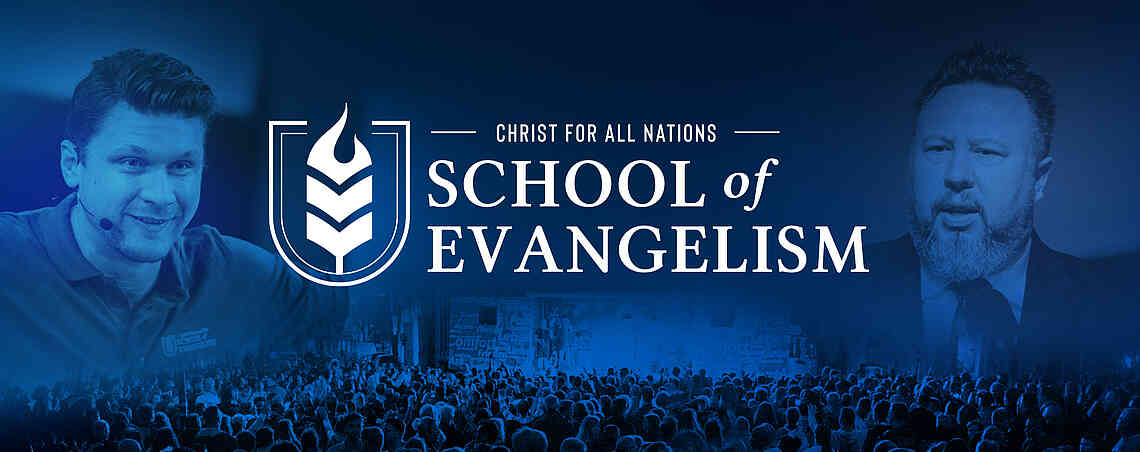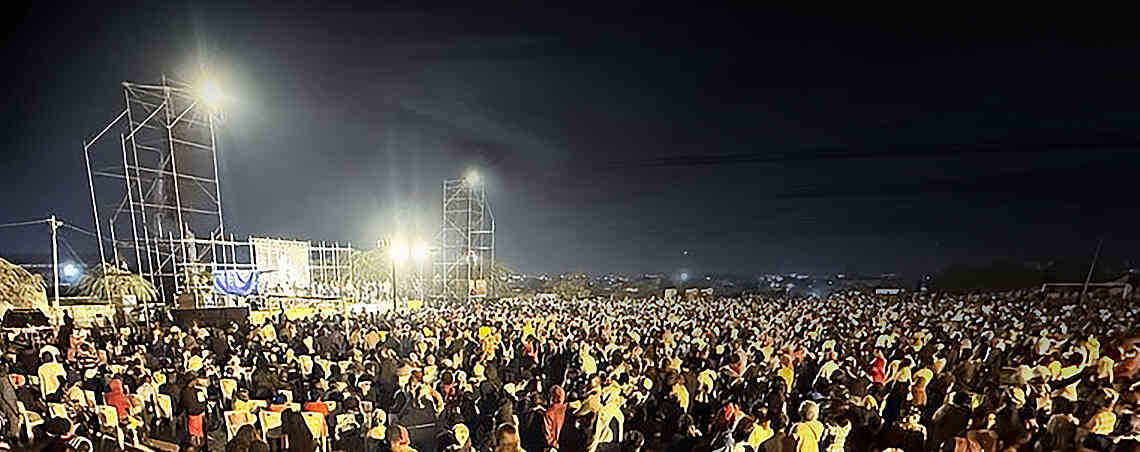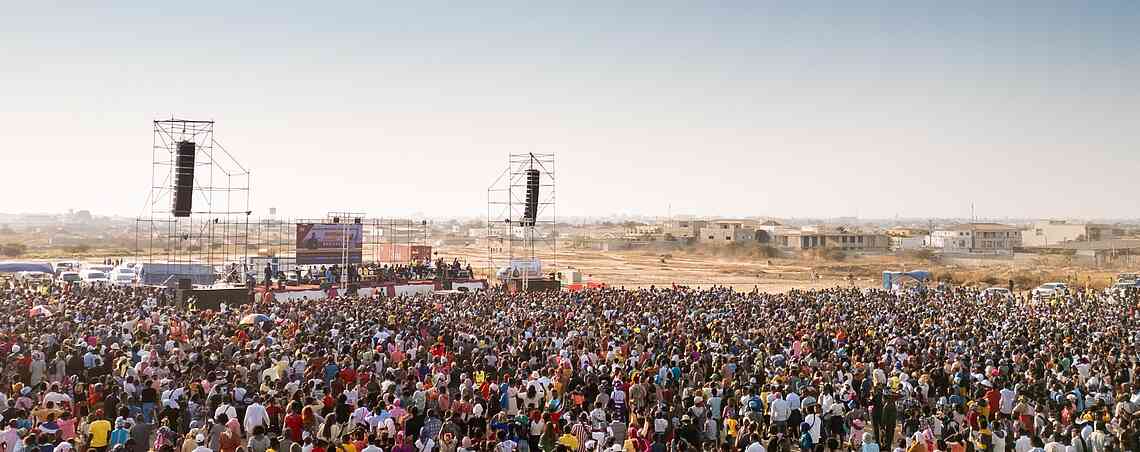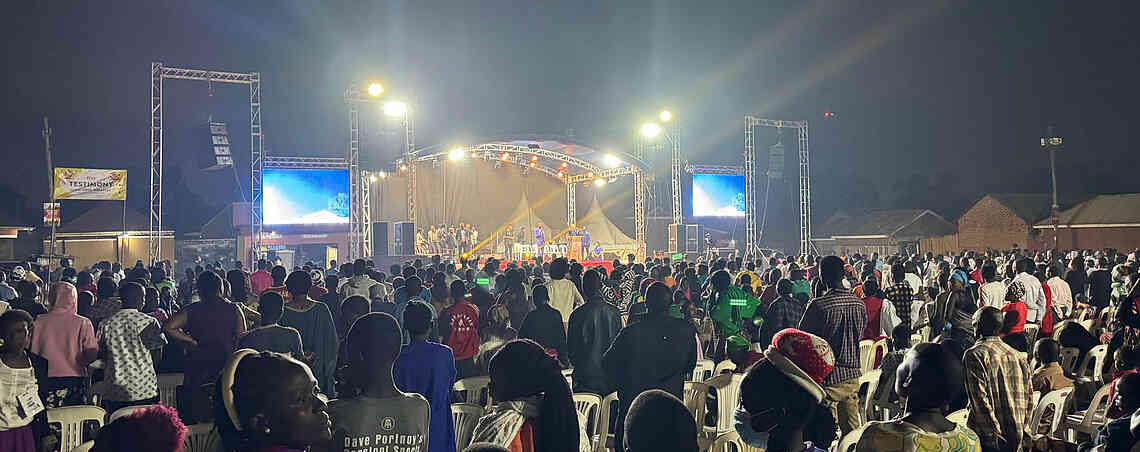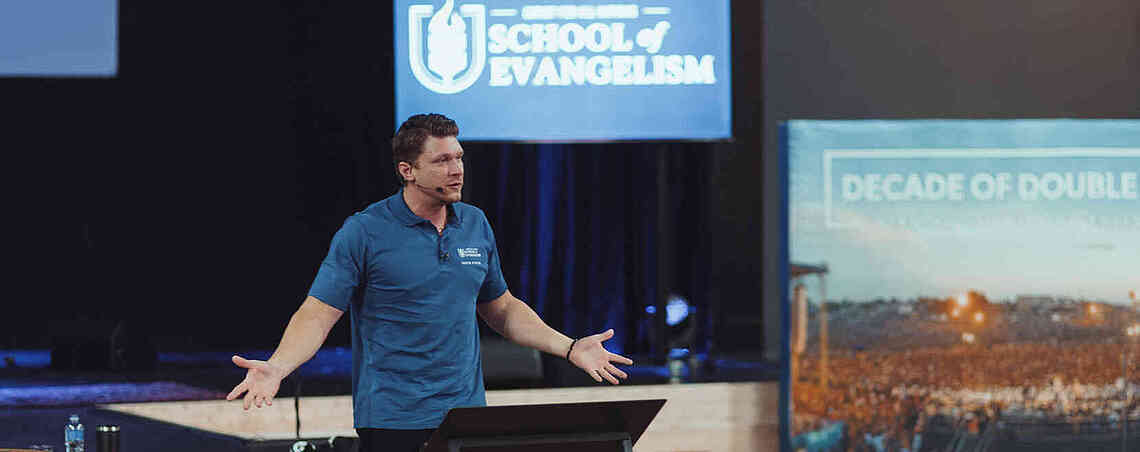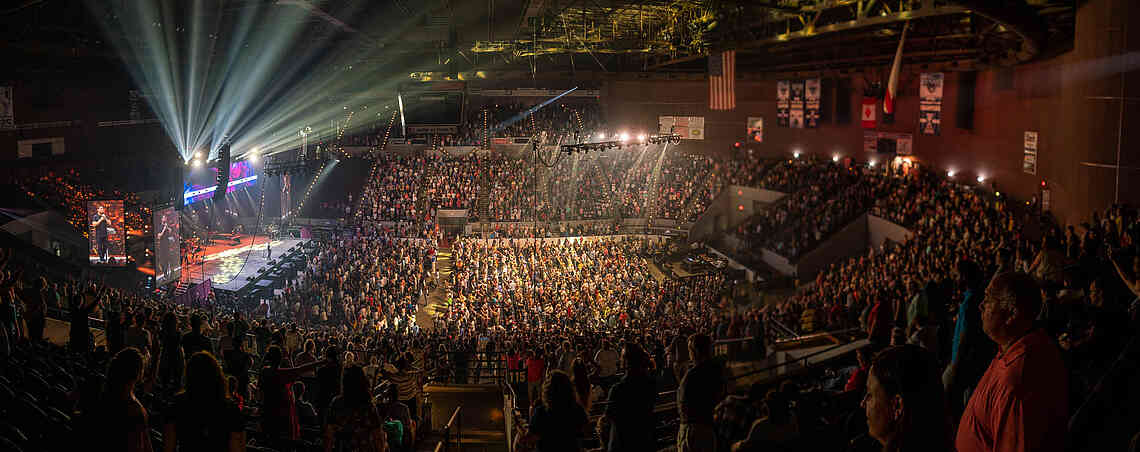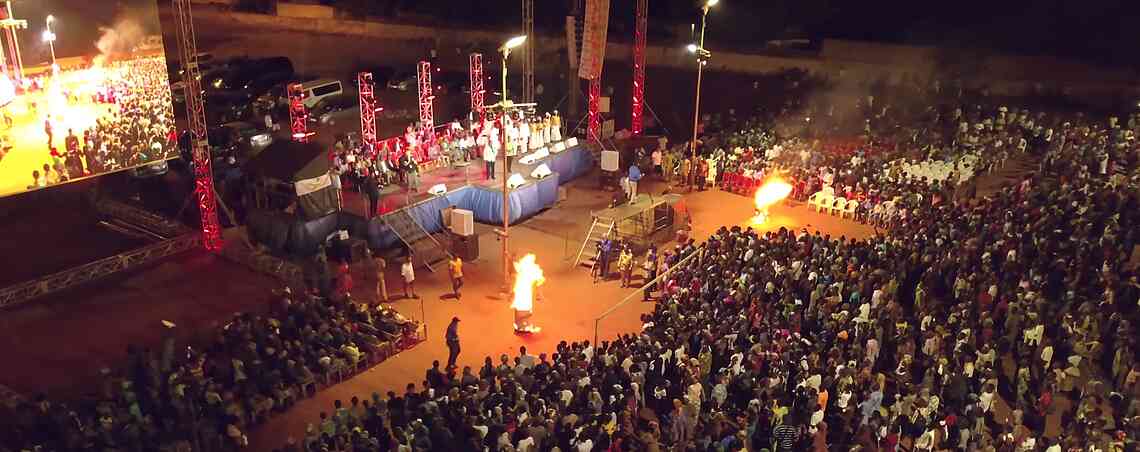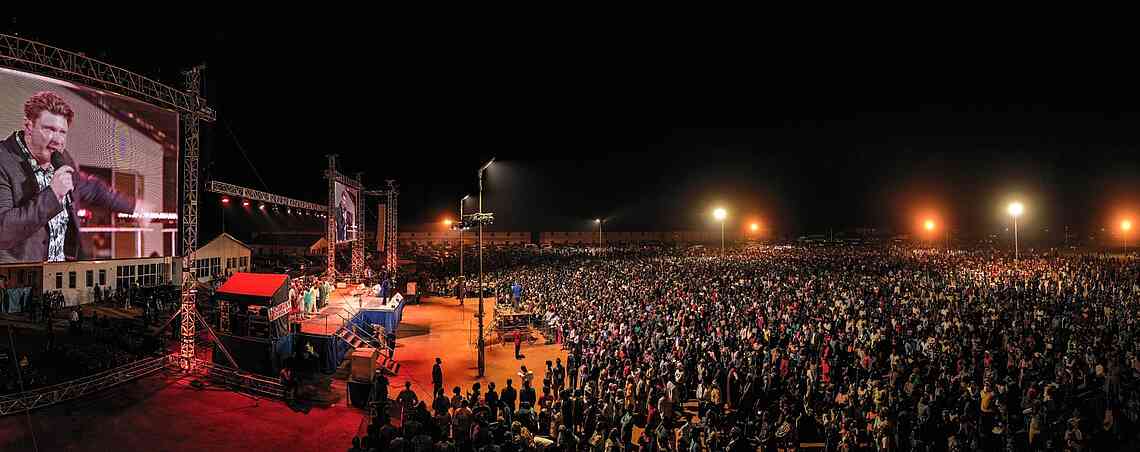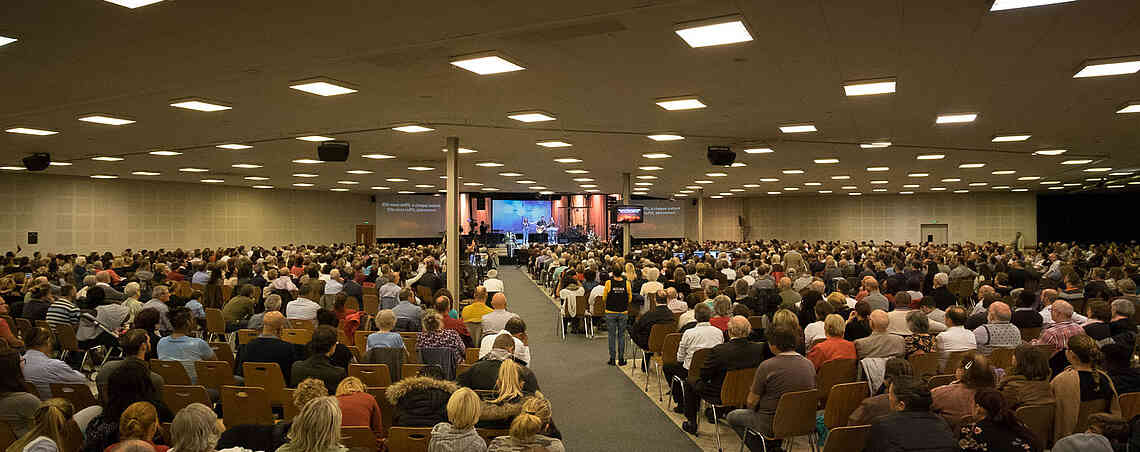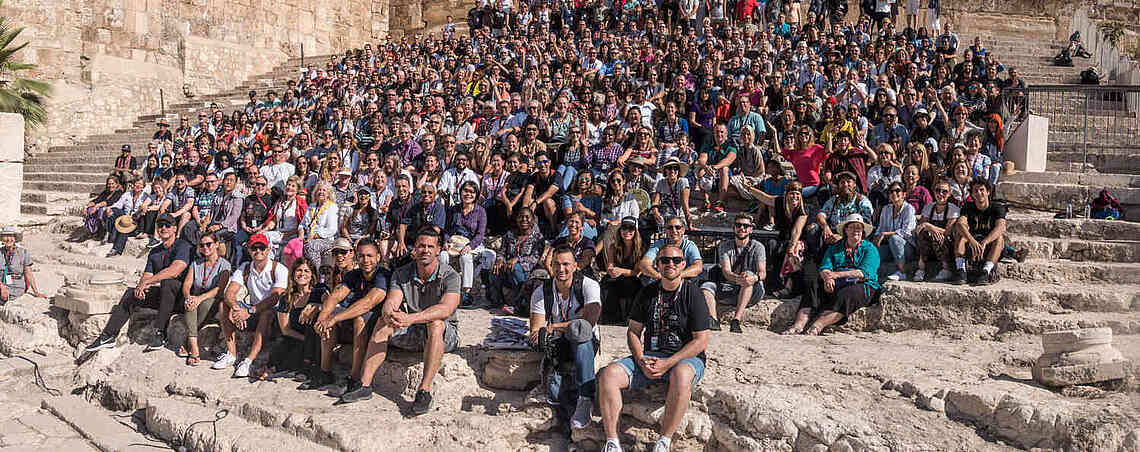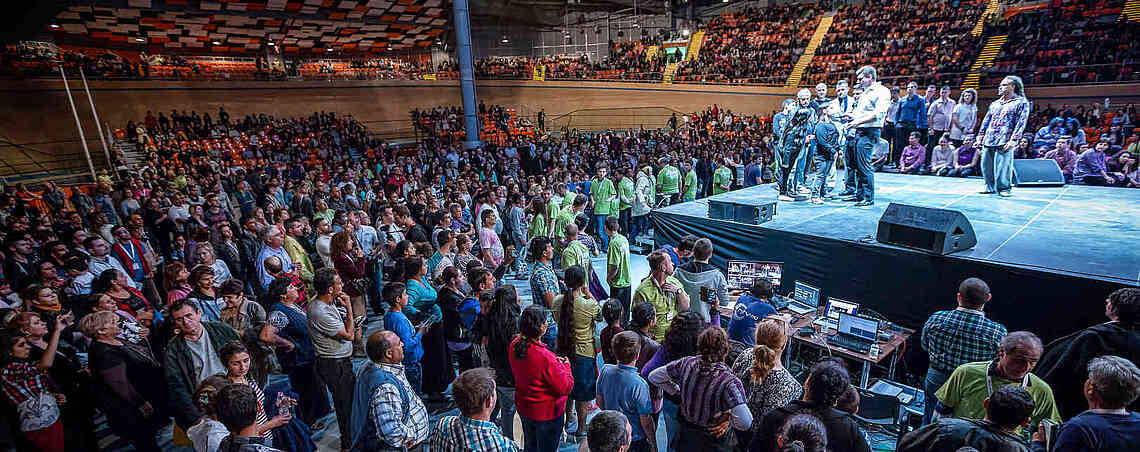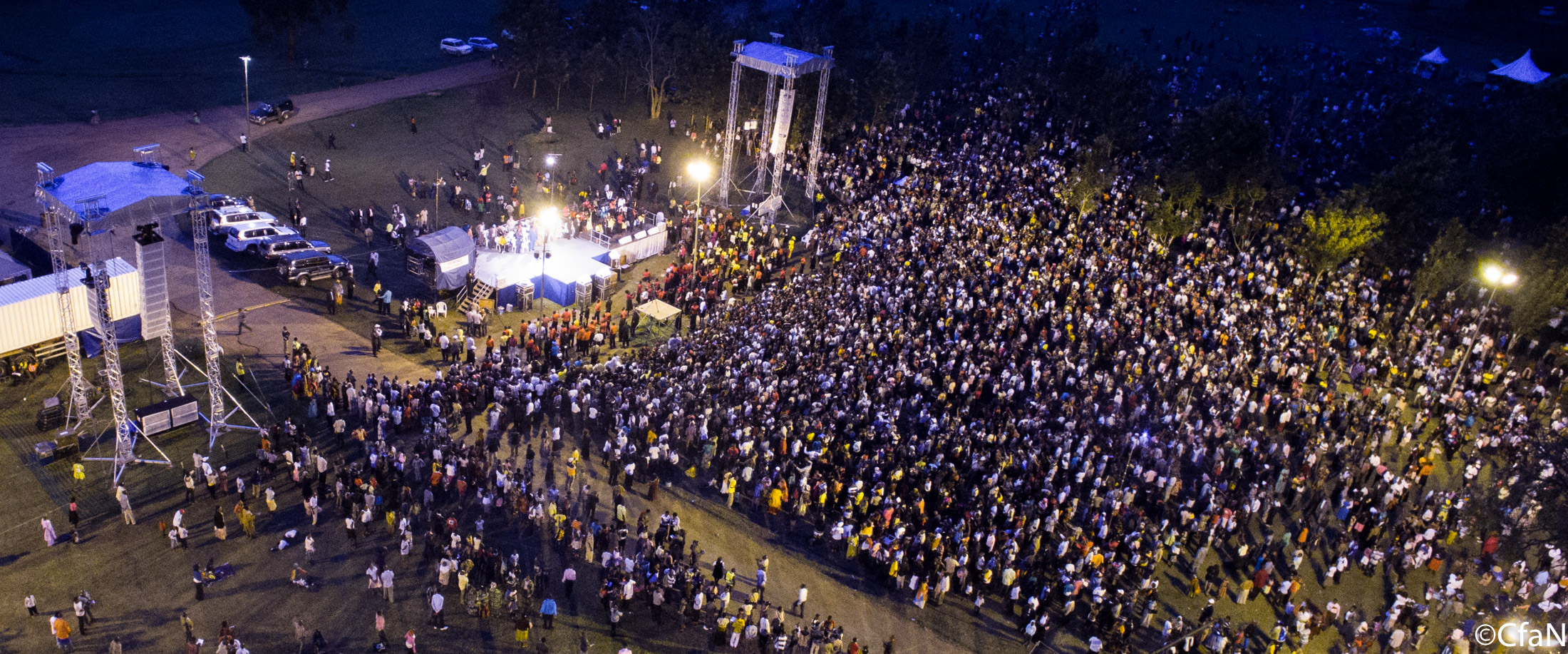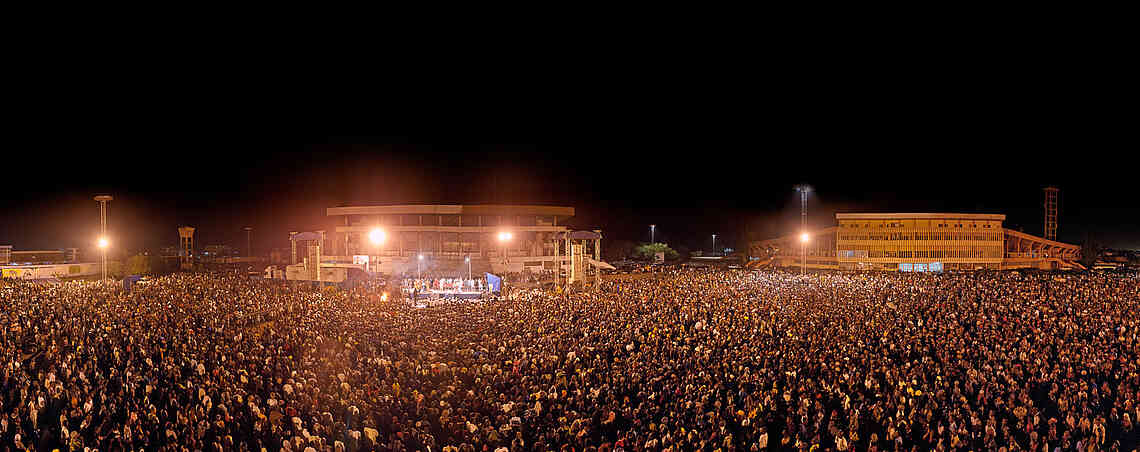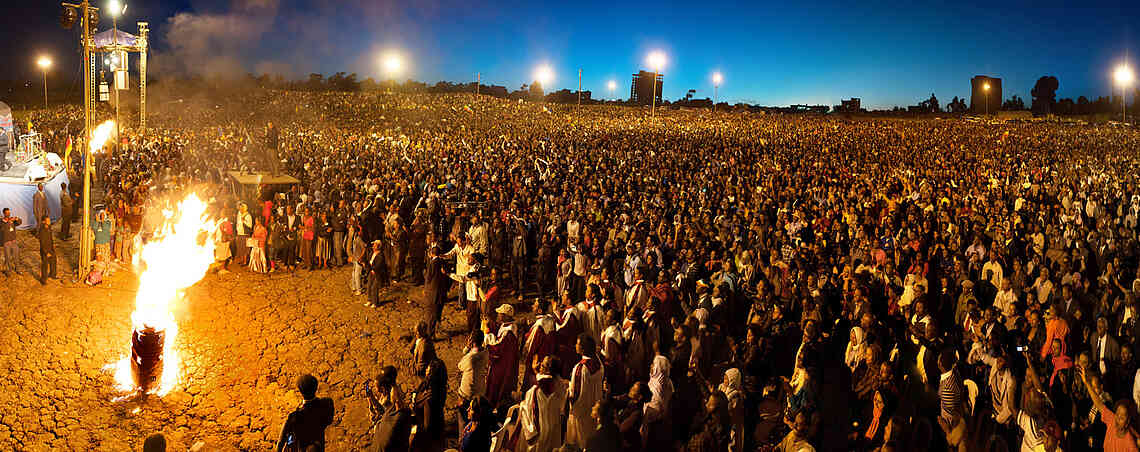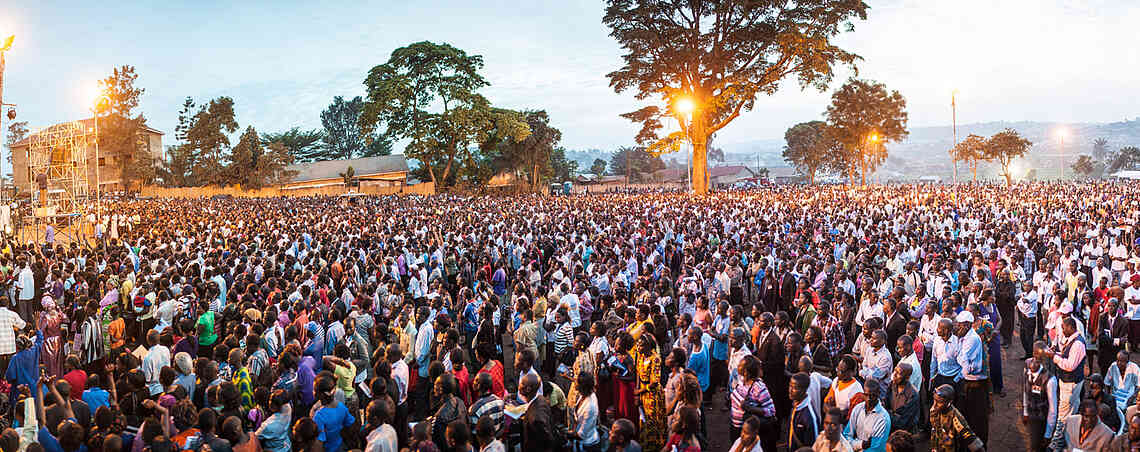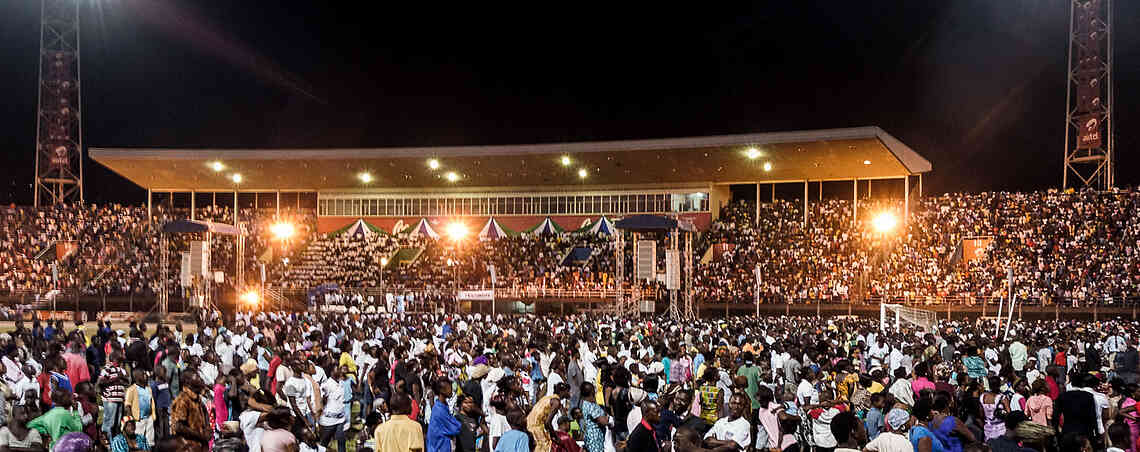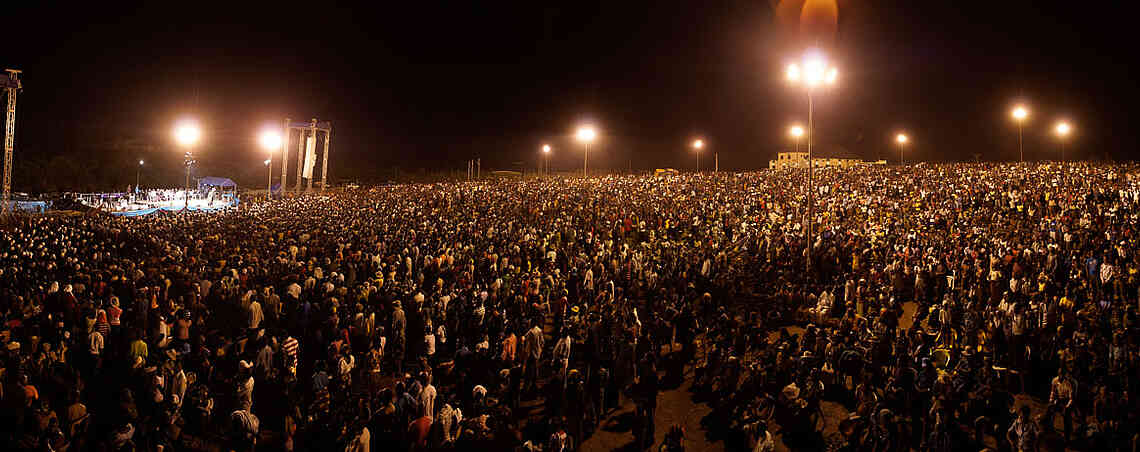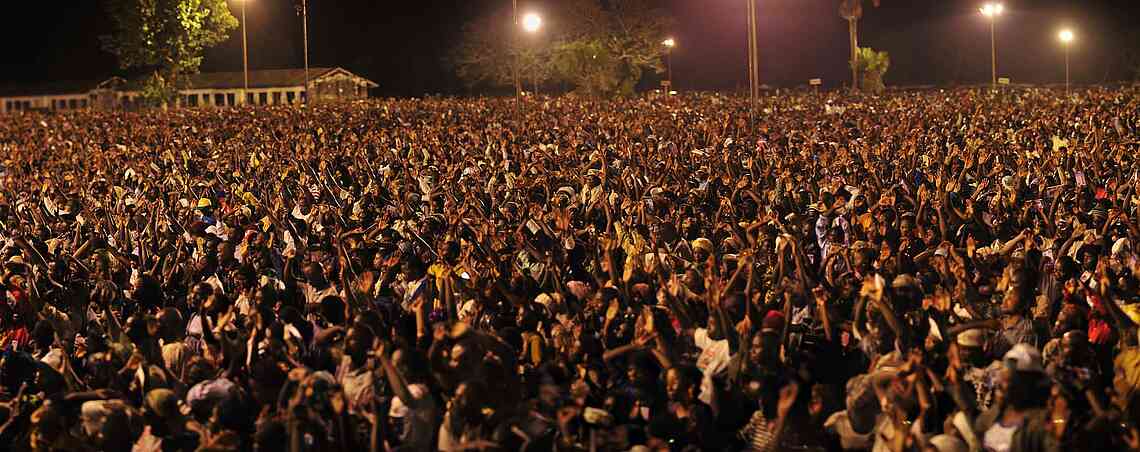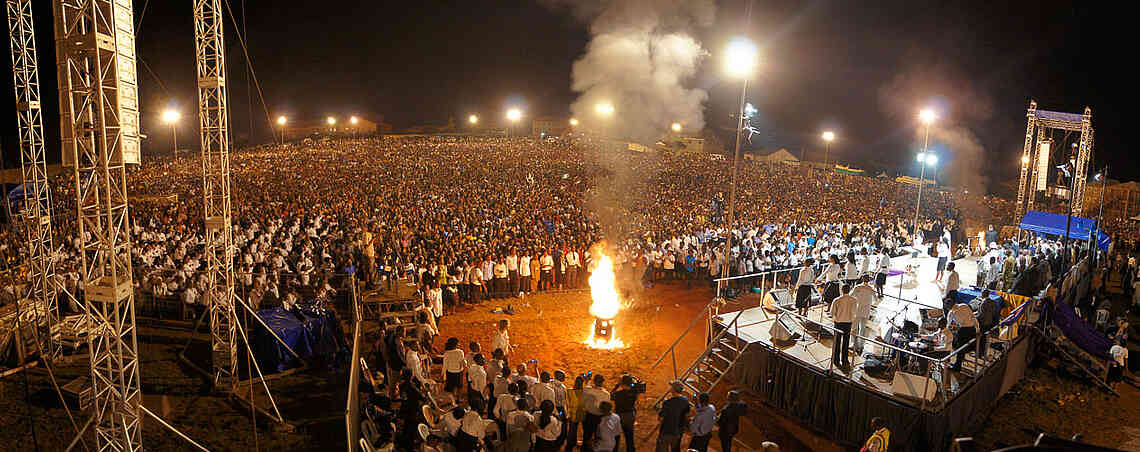
Bible Study
How to keep what you catch
When He had stopped speaking, He said to Simon, “Launch out into the deep and let down your nets for a catch.” But Simon answered and said to Him, “Master, we have toiled all night and caught nothing; nevertheless at Your word I will let down the net.” And when they had done this, they caught a great number of fish, and their net was breaking. So they signaled to their partners in the other boat to come and help them. And they came and filled both the boats, so that they began to sink. (Luke 5:4-8)
I’d like you to notice one important detail of this story, which happens right at the beginning of Jesus’ ministry – the nets began to break as a result of the way the catch was caught.
In John chapter 2, we read another story with many striking similarities. This time, it’s at the very end of Jesus’ ministry. Once again, the disciples are out fishing. Again, they’ve fished all night and caught nothing. Again, Jesus is going to give them a command, and it’s going to result in a miracle of harvest. And once again, how they respond will be extremely important.
Simon Peter said to them, “I am going fishing.” They said to him, “We are going with you also.” They went out and immediately got into the boat, and that night they caught nothing. But when the morning had now come, Jesus stood on the shore; yet the disciples did not know that it was Jesus. Then Jesus said to them, “Children, have you any food?”
They answered Him, “No.” And He said to them, “Cast the net on the right side of the boat, and you will find some.” So they cast, and now they were not able to draw it in because of the multitude of fish … Simon Peter went up and dragged the net to land, full of large fish, one hundred and fifty-three; and although there were so many, the net was not broken. (John 21:3-11)
In the first story we see that the miracle resulted in something almost bad happening. There was such a great catch that the nets began to break. When you look at this as a metaphor of our lives, one of the most dangerous times for a believer is when God begins to bless your life, because mediocrity is a very safe place to be. The finances start coming in, the crowds start watching you and influence grows – and whenever the blessing of God begins to increase, there is a danger that the nets could tear. But something else happens in the second story. Because of some critical differences in the way the disciples responded, not only did the net not break, but the catch was all brought to Jesus.
Key #1 - Unity
Here is the key difference between the two stories: in the first story, they were partnering with their friends in another boat. There were two boats. In the second story, the one in which the nets did not break, it says that they entered into a boat. That’s “a boat” – singular.
In the first story when the net began to break, they were divided. They were separated. But in the second story when the net did not break, they were together in one boat. I believe this is one of the great keys that we need to understand if we are to ‘survive success.’ When you look at the Greek in John 21:11, the word used when it says that the net did not tear is the word ‘schizo’. Does that sound familiar to anybody? That word schizo is the root of the word ‘schism’. Now, the word schism can mean a general kind of separation or breaking in relationship. But did you know that, in English, even the dictionary defines it as applicable not just to religion in general, but to Christianity?
Listen to the way Noah Webster (American dictionary) defines this: “In a general sense, division or separation; but appropriately, a division or separation in a church or denomination of Christians, occasioned by diversity of opinions; breach of unity among people of the same religious faith.” So, the word schism in English is literally a word that is used to connote division among Christians. Now, I ask you, what is the word we use to describe division among Buddhists? What’s the word that we use to describe division among atheists? There is no such word, but we have a special word that’s set aside just to describe what happens in the church all over the world, all the time, because Christians seem to have a particular tendency to fighting with each other! Imagine all the different denominations, all the different churches, all the different splits, all the different schisms that have happened throughout church history.
When the church is divided, the nets will break
What if the enemy has a very keen interest in bringing division into the body of Christ because he knows what happens when division comes? The nets are torn, and the harvest is lost. What if the devil knows that his most potent weapon is to keep us fighting with each other? Because if we stay fighting with each other we’ll never have enough energy to fight with him. If we expended the same energy we use fighting each other to pursue the lost, the world would have been saved generations ago.
If we were as interested in fighting the devil and fighting his agenda in the world, as we are fighting the Christian that sits next to us in the pews, the kingdom of darkness would be in a lot of trouble. But instead, the devil is happy to keep us all fighting and arguing, splitting and dividing. It’s a real problem.
Isn’t it interesting that when Jesus prays for his church, he says: “Lord, make them one as you and I are one”. He tells the disciples: “This is how people will know that you are my disciples, that you love one another”.
Contrast ‘schism’ with the way that the church is portrayed in the New Testament. The church was not just a unified group. Any group, any club, needs unity if it’s going to stand. A house divided against itself cannot stand. That’s the case in every kind of group, but the church is special because the church is a group that is actually described in the New Testament as a body. In other words, we’re not just a bunch of separate entities trying to organize for a common cause. We are one unit.
One body, many parts
We are one entity, and we serve that body as different parts of that body, all of us working together for a single head. That makes us completely different. When Paul describes the church as a body, he is not living in some fantasy land where he doesn’t understand that we have differences, and different personalities, opinions and philosophies. He’s taking all of that into account. That’s why he says the body is made of many different parts. And that’s not only okay, that’s vital!
In fact, a body depends upon the unlikeness of its members to survive. This is what Paul means when he says: “If the whole body were an ear, where would the sight be? If the whole body were an eye, where would the hearing be?” The person who is different from you is not only okay – you need them! And the more different from you they are, perhaps the more you need them. That’s why the unity of the body is so important.
Unity in the Christian context is actually a supernatural concept. It’s not just “let’s all get around the campfire and sing and tolerate one another”. It’s something that is impossible without the in-dwelling presence of the Spirit, which is why it is evidence that we are disciples of Christ. Without the Holy Spirit and the supernatural love that He brings, there is no way that we could have true unity in our midst. It’s a kind of unity that says: “Not only am I okay with you, my goal is to edify you even more than to edify myself. And when you are victorious, when you are successful, when you are lifted up, I rejoice in that as much as if I had experienced it myself”.
Key #2 – Obedience
When it comes to keeping your nets from tearing, there’s another key in Luke 5. Jesus tells the disciples, “I want you to let down your nets.” But then we read that Peter let down “the net”. That’s only one net, not “nets” as Jesus had said. Here is the second key to making sure that your nets don’t break – It’s called obedience. Obedience.
You might think Peter was partially obedient because Jesus told him to put down the nets and he put down a net, but partial obedience is just another term for disobedience. Delayed obedience is just another word for disobedience. Selective obedience is just another word for disobedience! Obedience ‘and’ is disobedience. In other words, when you say, “Lord, I will obey you, and then I’ll put my own work in there just to make sure it’s the way I like it” - that’s disobedience. Obedience ‘but’ is disobedience. “Lord, I like this part of what you said but not this part, so I’ll obey the part I like and ignore the rest.” You might comfort your own conscience when you do it that way, but it’s just another kind of disobedience. Real obedience to the Lord is exclusive, it is exhaustive, it is immediate, and it is indiscriminate. And that kind of obedience, heaven responds to and honors.
God does not respond to need; He responds to obedience.
There were a lot of people at the pool of Siloam that were sick. Only one was healed. It was the one who obeyed the word. God doesn’t just automatically meet every need. Some people go to the Lord, and they start crying out in prayer, and telling God how bad their situation is and what they need. But God doesn’t respond to you because you have a need. Everybody has needs. God responds to obedience. You say: “Lord, I need a financial blessing. Lord bless me, I can’t pay my bills.” God doesn’t respond to the need. He says, “Here’s the solution: give and you shall receive”. And when you obey, you tap into the miracle. You don’t just get it because you need it, you get it because you obey the word.
So, why didn’t Peter do exactly as Jesus told him? Perhaps he was tired after finishing all night. Most likely, he just could not imagine a scenario where, after fishing unsuccessfully all night, throwing the net on the other side would make any difference. Maybe he thought, “There’s no way that little change is going to create a big difference that would warrant multiple nets being put down.” And here’s the reality – the word of the Lord will always challenge our willingness to believe. It will always put to test our willingness to obey. Because it’s not about the net being on the right side or the left side. It’s about whether we’re going to obey the word of the Lord!
That’s the test. Sometimes the Lord will ask you to do something that you think is meaningless, just to see if you’ll obey. Maybe Peter’s disobedience was linked to his expertise. Remember, he was a professional fisherman, and he knew so much about it that the instructions of Jesus seemed simplistic, and uninformed, and Peter was very experienced and knowledgeable. That created an unwillingness to obey in simplicity and in humility. Jesus was saying: “Peter, even in your area of expertise, you’re much better off listening to my simple instructions with faith and obedience.”
If we want to keep what we catch, we must be people who will take Him at His word and obey. We must be people who love one another, who operate as one body in supernatural unity. That’s how we bring the whole catch to Jesus!
Daniel Kolenda


